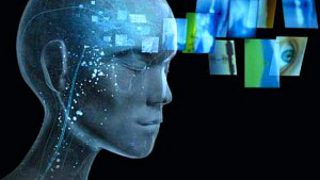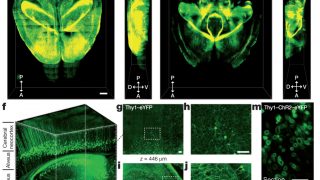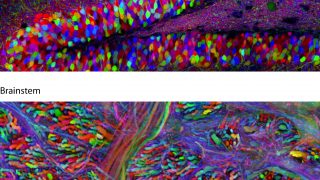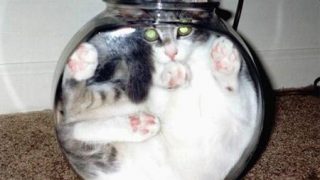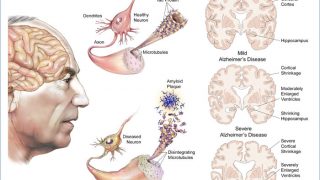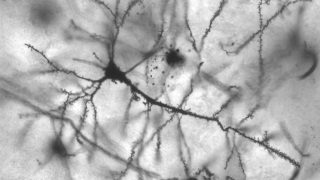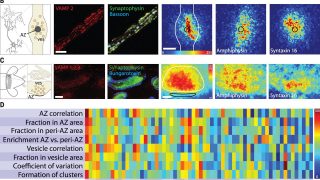
A phantom in the concert hall
Sensations which seem to come from limbs that had been amputated are called «phantoms». Most limb amputees report awareness of a phantom limb, i.e., the perceived presence of the missing arm or leg. Phantom sensations may also occur after the removal of body parts other than the limbs, e.g. after amputation of the breast, extraction […]
